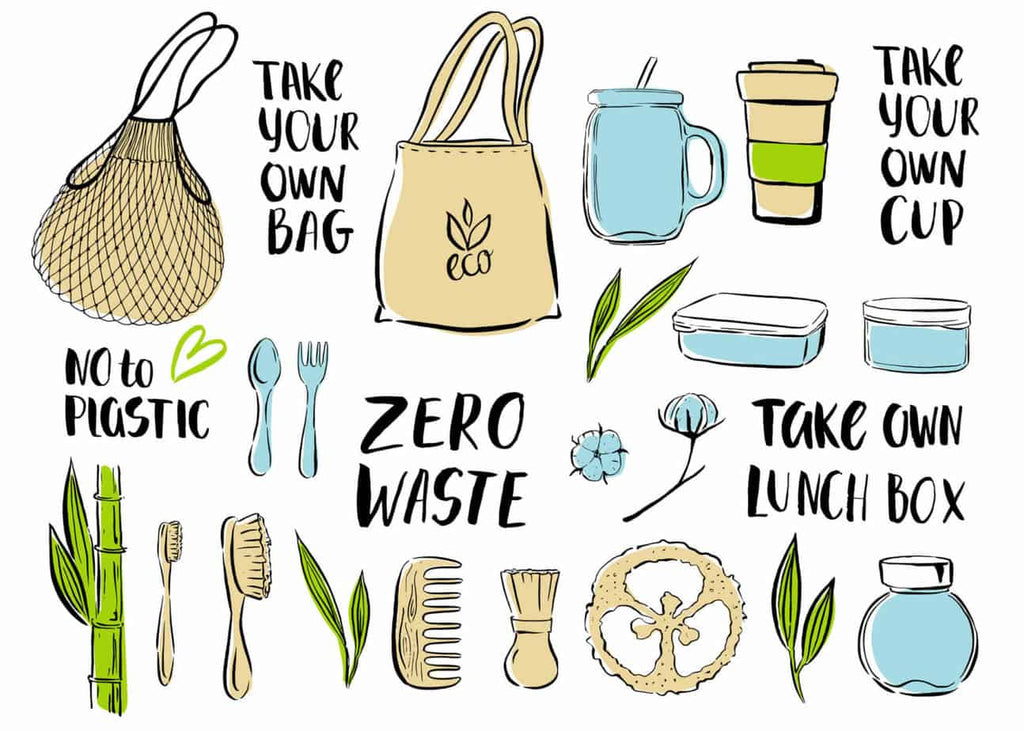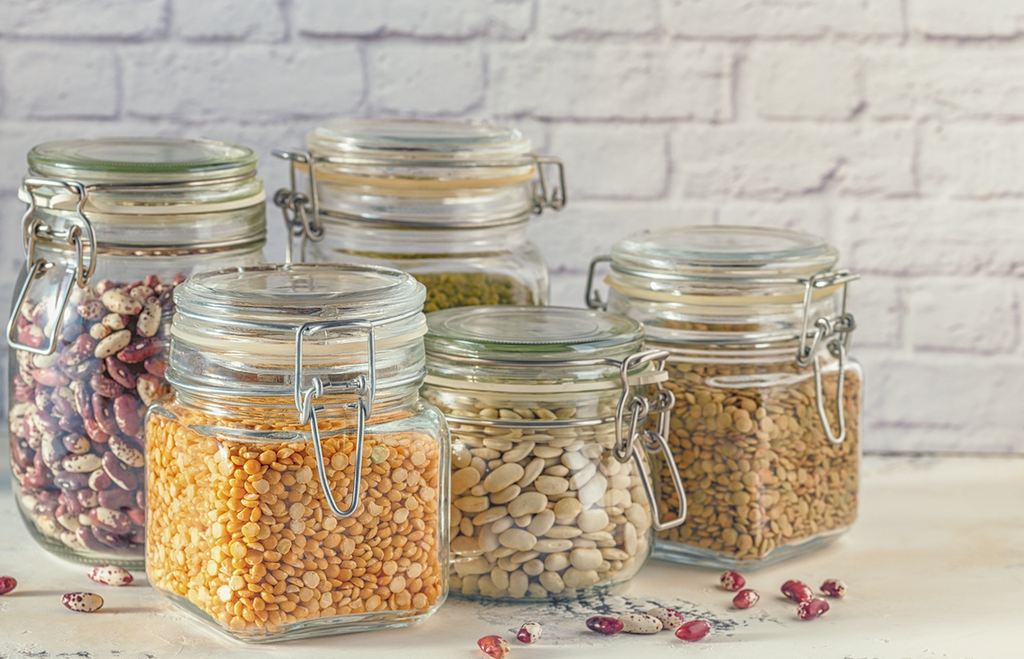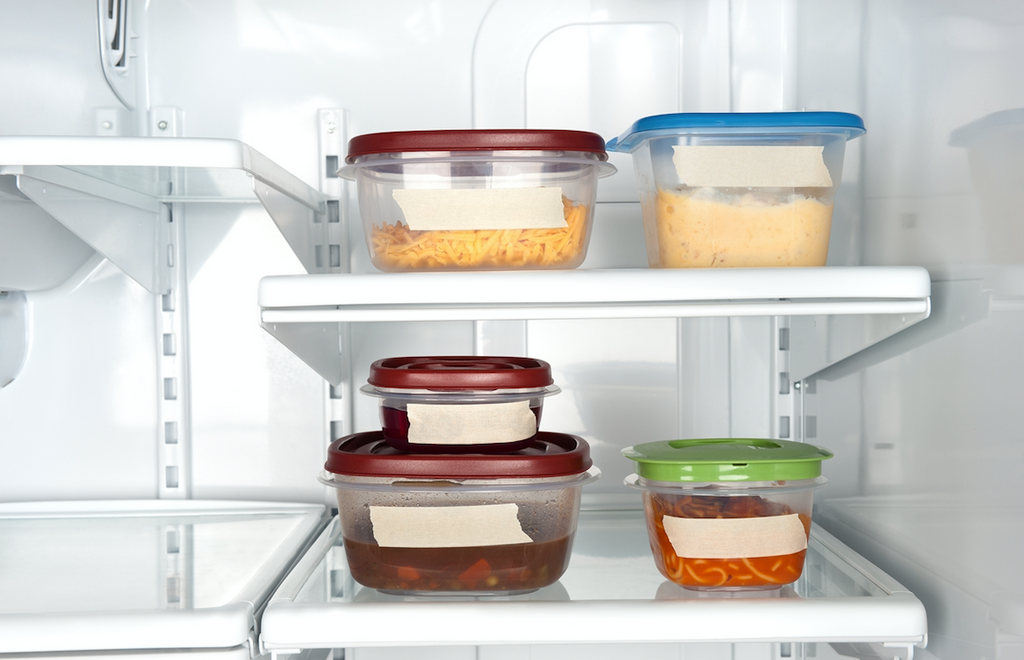Tips for a Low-Waste Kitchen

Everything that you throw in your garbage can end up in the landfill. Now, think about all the plastic and food scraps you're throwing in there. Many of these, especially plastic items, take centuries to decompose. A single kitchen adds 200 pounds of kitchen waste to landfills each year. Luckily, you can reduce this amount by HUGE numbers once you decide to go low-waste, and here’s how you can start:
Buying Bulk Food
When you bring home food bought from the supermarket in a plastic bag, you're also bringing in waste. f you want to have a low-waste kitchen, you need to get rid of all the plastic that you can. This is where the bulk food comes in. Many stores have set up this method of selling food in jars or other zero-waste containers that you can bring home with you. Dry foods, such as spices, dried fruits, nuts, baking products, and coffee are quite easily and frequently available in the bulk section. If your local store isn't a supporter of selling food by the bulk, another way you can avoid unnecessary packaging in your kitchen is by buying in large amounts. You can even make your neighbor come aboard if your usage isn't that much. If it's easily accessible, the farmer's market is also a great option for buying bulk food in zero-waste containers. Plus, you'll get fresh produce that's better in quality.

Switch for Glass or Metal Containers
Use glass jars or metal containers for putting anything and everything in your kitchen. If you just finished your instant coffee, instead of throwing out the glass jar, label and fill it with sugar to avoid plastic wherever you can. You can use an empty wine bottle for storing your cooking oil. Metal canisters and tiffins are excellent storage containers for keeping leftover food in the refrigerator. You can make a zero-waste food container out of anything. It's all up to your imagination.
Use Cloth Instead of Paper
Paper napkins or towels are made from disposable material that is not reusable, which is why you have to toss one in the bin once you're done with it. On the other hand, you can launder a cloth towel repeatedly and use it for a long time. Moreover, paper napkins are usually smaller, which is why many people end up using more than one paper napkin for something that can be done with a single cloth napkin, and it'll still have some life in it. According to a survey, paper towels alone constitute about 2 percent of the entire country's landfill, so you're not only reducing the waste from your kitchen but you are also preventing environmental degradation. Start drying your counter, cleaning any spills, and drying and cleaning your produce, and you'll see for yourself how it's a total game-changer. Cleaning your kitchen doesn’t have to be a hazard for the environment if you’re working it with eco-friendly methods.

Labeling the Leftovers
Many people end up wasting most of their leftover food because they forget how long it has been in the fridge. A very convenient hack for this is to label anything you're about to store in a refrigerator with a dry erase marker. This way, once it's about to expire, you can consume it instead of throwing it in the trash as waste. Many recipe apps have a calendar function so that whenever you make a dish, you can log the date and keep track of how long it has been in the fridge.
Utilizing the Food Scraps
Instead of throwing food away, the scraps can be utilized in various ways. You can regrow onions, for instance, by placing the scrap end in some water. Make vegetable stock by saving the veggie trimmings, and store it for later use. Orange peels are an excellent cleaning agent, especially when it comes to keeping bugs and insects away.


